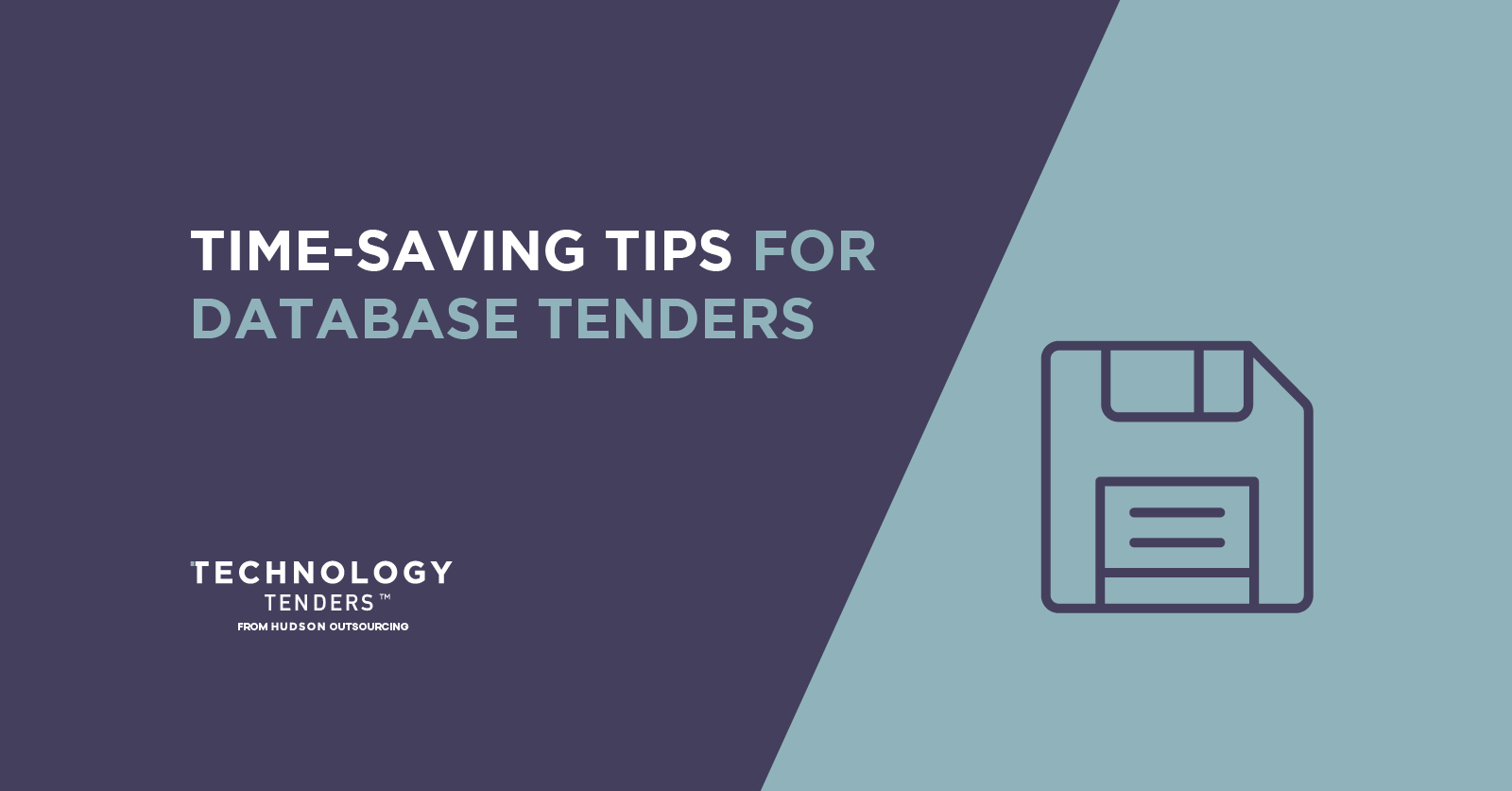Photocopier contracts explained
So, you may be interested in bidding for photocopier contracts as a viable way to grow your business. You aren’t alone. It’s important when writing your tender response for photocopier contracts that you stand out from your competitors.
Each buyer will have different requirements and needs. This is important to take into consideration when bidding for work. You should read the tender documents thoroughly, ensuring it’s the right opportunity for your business.
What to expect from photocopier contracts
You can expect photocopier contracts for the supply, delivery, lease, or maintenance of photocopiers. A buyer will likely detail the type/function requirements of the photocopier desired including, but not limited to:
- Paper size
- Orientation
- Duplex
- Colour
- Number of copies
- Composition
- Storing
- Stapling
- Paper selection
- Scanning
- Custom settings
- Secure printing
- Toner
- Multiple trays
- Speed/processing
- Display screen
- Sheet capacity
- Energy saving
- Warm up time
The contract is awarded to the MEAT
If tendering for work in the public sector, photocopier contracts will be awarded to the MEAT. The MEAT stands for the most economically advantageous tender. It’s when the buyer is looking at more than just the price. Usually, the buyer will state in the specification what they are looking for. It’s typically a combination of factors that could be any of the following:
- Quality
- Delivery
- Price
- Innovation
- Environmental factors
- Accessibility
- Technical ability
Expect to show added value
When tendering for photocopier contracts in the public sector, you will also need to demonstrate added value. This is because public sector organisations need to get the most value to taxpayer’s money. Every public sector contract must now have a minimum weighting of 10% on social value.
For social value, a supplier must consider the social, economic and environmental aspects of the contract. They should consider how, as a business when delivering the contract, they will:
- Support COVID-19 recovery
- Encourage economic growth
- Create new skills and jobs
- Tackle climate change
Tender formatting
Every tender is different, and the format of your response will be detailed in the specification. For example, a buyer may require you to divide your tender into two sections as per the following:
- Commercial:
- Firm prices
- Form of tender statement
- Technical:
- Information of your organisation
- Quality responses
A quality response could require you to detail the following for photocopier contracts:
- Transition plan
- Community benefits
- Invoicing
- Invoice references
- Fault correction
- User-replaceable parts
- Extended maintenance services
- Network and administration security
- MFD (multi-function devices) scanning ease of use
- Failure contingency
- Network printers and administration security
3 things to remember when writing a response for photocopier contracts
-
Stick as close to word counts as possible
They are there for a reason. If a buyer notes that a question has a word/page/character count, try and get your response as close as possible to that. They will be expecting a response of that length. If they’re stating that a question has a 1,000-word response don’t write 200 words, it just isn’t enough. Additionally, don’t go over and write 2,000, as this will demonstrate to the buyer that you cannot follow instructions. Due to this, it may lead them to question if you will be the right business for the jobs. It’s simple really, just follow the instructions.
-
Have references of previous contracts
A buyer will likely require you to include 2 – 3 past case studies you’ve completed within the last 3 – 5 years. They want to see evidence that you’re capable of carrying out and delivering past contracts. Your examples should be similar in scope and style to the contract you’re applying for. For bonus points (if the word count permits) you could include what challenges you overcame. This will demonstrate your problem-solving skills and adaptability. Both of which will give the buyer confidence in your ability.
-
Buyers care about the quality of your written response
At the end of the day, a buyer cares about the quality of your written response. Even if the price is weighted more than quality. Therefore, you should put your all into writing a top-quality written response. Your response should be clear and concise persuading the buyer that you’re the best business for the job.
Need assistance writing your next photocopier contracts?
We understand that not everyone has the time or resources to write a winning bid response in house. Outsourcing this can help optimise your success rate allowing you to get on with running your business.
Our sister company, Hudson Succeed, have over 60 years of bid writing experience and an 87% success rate. They offer four bid writing support services that can help you win your next photocopier contract.
Tender Ready
Our Tender Ready programme is perfect for those who have never tendered before. A Bid Writers will work with you to make sure you have everything you need in place to tender successfully. The 4-week programme offers your business:
- A 12-month subscription to Technology Tenders
- Access to Global Bid Directors and Senior Bidding professionals
- An organisation-wide Bid Library, including 3 case studies, 5 CV’s and 8 policies
- Additional flexible benefit options.
Tender Improvement
If you’ve been tendering but aren’t seeing the results you want, our Tender Improvement package can help. Our Bid Team will assess your previous responses and tender documents, working with you to improve for future submissions. The Tender Improvement package also includes the above perks from Tender Ready.
Tender Writing
Once you’ve found the perfect photocopier contract for your business, why not send it to Hudson Succeed? Our Bid Writers will let you know what they need from you, providing you with a full Tender Writing breakdown. They’ll even submit it on your behalf.
Tender Mentor
If you’ve written your tender response and need someone to double-check it for errors, Tender Mentor can help. The Bid Team will proofread your work for any inconsistencies, grammar or spelling mistakes. They’ll also ensure that it’s in line with the specification before you submit it.
Where can I find photocopier contracts for my business?
Searching for photocopier contracts can take a large amount of time out of your day. There are thousands of websites that post multi-industry opportunities all jumbled together. Trawling through the available tenders can be hard, even if using CPV codes. Luckily for you, we have a solution.
Our Technology Tenders portal is updated daily with sector-specific exclusive, public and private sector opportunities. This time-saving tool combats the problem of trawling for technology leads. There’s no reliance on mislabelled and inaccurate CPV codes or algorithms.
Our Opportunity Trackers manually search and upload relevant opportunities from thousands of sites across the UK. You’re then able to filter and search the results by keyword, budget, location and more. This streamlines the process allowing you to focus on your business.
Below are previous photocopier contacts sourced on our portal:
Kerry ETB RFT for Supply of Mono and Colour Photocopiers
Kerry Education and Training Board- Ireland- Budget: Undisclosed
Lease of Multi-function Photocopier, Scanner, Fax Machine for UN Women Multi-Country Office – Caribbean
UN Women- Europe- Budget: Undisclosed
Photocopier Contracts
Bodmin Town Council- South West- Budget: £8,000
Supply and Maintenance of Multi-Function Devices and Photocopiers to the Education Authority
Education Authority NI- Northern Ireland- Budget: £11,500,000
Supply of Colour Photocopiers
Department of Jobs, Enterprise and Innovation- Ireland- Budget: Undisclosed
A 12-month subscription to Technology Tenders offers your business:
- Access to all exclusive, private and public sector opportunities across the technology industry.
- An on-hand Account Manager to answer any queries you may have about photocopier contracts. They can help you understand the procurement process in general.
- A daily email bulletin sent straight to your inbox when new technology tenders are uploaded.
- Discounted support from Hudson Succeed, our bid writing division.
- 20-minutes of free consultancy with one of our Bid Consultants.
We actively source tenders for services including:
- IT support;
- IT recruitment;
- Maintenance;
- Consultancy;
- Website development;
- Software development;
- Network services;
- Cybersecurity;
- Security systems;
- and Hardware.
Upgrade to Discover Elite
We understand that you’re very busy. Even with our intelligent tracking system in place, the pre-bid admin can stack up. That’s why we recently launched Discover Elite. This upgraded feature eliminates all the frustrating time-wasting elements of tendering. The feature is broken down into two packages.
Both contain access to a maximum of two Discover portals. This is handy if your services cross over into another sector.
The Ultimate Time-Saving Tool
- A dedicated Account Manager on-hand to track opportunities for you.
- Up to five bid breakdowns to help you make your bid or no-bid decisions.
- Weekly phone calls with your Account Manager to discuss viable opportunities.
- Buyer portal management including registering, password management, downloading documents and assessing viability based on your bid/no-bid strategy.
- Award and pre-market engagement notices monitored on your behalf.
Become a Pre-Bid Master
- All of the above.
- The development of a bid strategy delivered by our Senior Bid Manager and our Global Bid Director.
- Up to seven bid breakdowns per month.
Contact us for more information.


